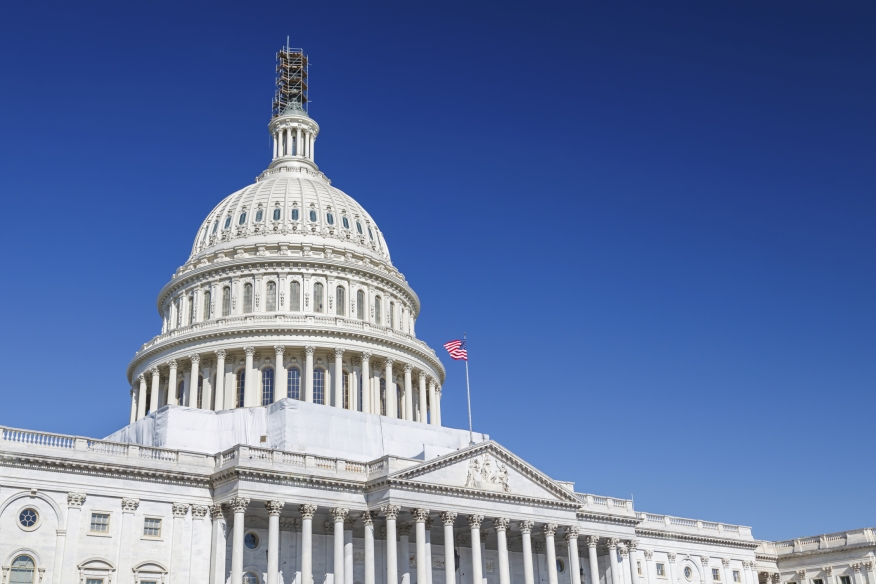NAR: Grace Period Necessary for TRID Transition

The National Association of Realtors (NAR) urges the Consumer Financial Protection Bureau (CFPB) to implement a grace period for those seeking to comply in good faith with new rules for loan closing procedures and settlement documents. The Real Estate Settlement Procedures Act (RESPA) and Truth-in-Lending Act (TILA) integrated disclosure (TRID) rule is set to take effect Aug. 1. A trial period with restrained enforcement and liability would allow the industry and CFPB to address implementation issues and minimize costly home closing delays for consumers, said NAR President Chris Polychron in testimony before the U.S. House Financial Services Subcommittee on Housing and Insurance.
“As the leading advocate for real estate issues, NAR is supportive of CFPB’s efforts to harmonize RESPA-TILA regulations, as long as it benefits consumers and the real estate transaction,” said Polychron, executive broker with 1st Choice Realty in Hot Springs, Ark. “The implementation is going to be a learning experience for everyone, however, and we see the potential for significant bumps in the road that could cost buyers time and money, which is why Realtors are asking the CFPB for this grace period.”
Beginning Aug. 1, there will no longer be a Good Faith Estimate (GFE) or Truth-in-Lending (TIL) disclosure; those two forms will be combined into a single Loan Estimate, which must be given to consumers within three business days of applying for a loan. At the same time, the HUD-1 Settlement Statement and the final TIL disclosure will be replaced by the Closing Disclosure form. This form must be given to consumers at least three business days before closing, and any significant changes to the loan terms could reset a new three-day waiting period and delay closing.
The implementation date comes in the midst of the busy summer home buying and selling season. Even if only 10 percent of transactions experience closing issues that’s as many as 40,000 transactions a month, according to NAR home sales data. A grace period through the end of 2015 would delay enforcement to the slower winter months when fewer consumers would be negatively impacted.
“The CFPB has effectively integrated the rules, but now we need them to ensure a smooth implementation, especially since there is no opportunity to comply early,” said Polychron. “A five-month testing period will provide enough time for everyone to get it right, and ensure the rule works effectively for consumers, who shouldn’t have to bear the burdens of the industry conforming to the new regulatory requirements.”





